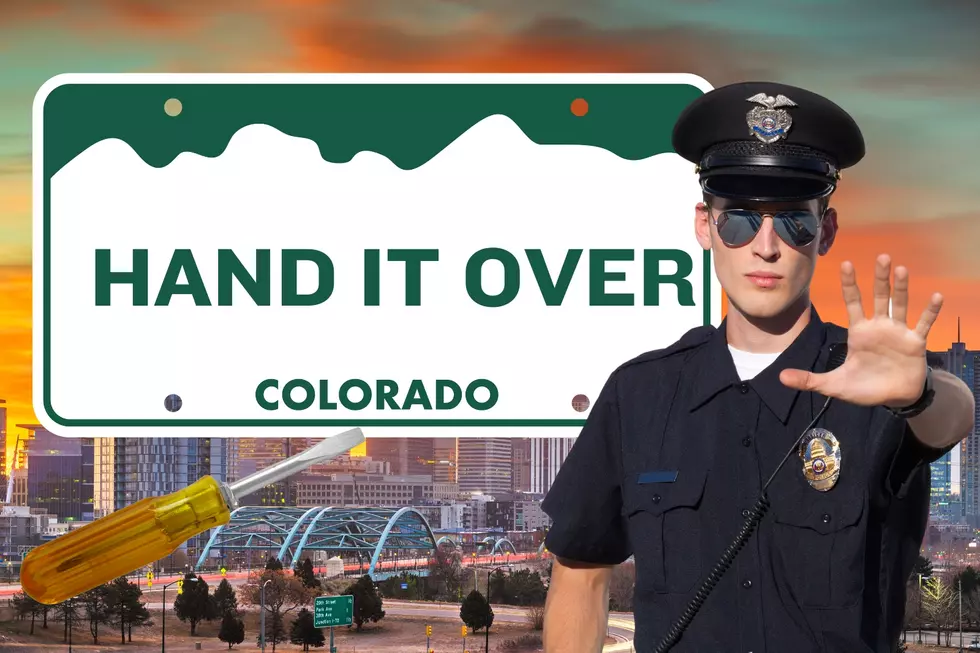
6 Reasons Why You Can Be Ticketed For Your License Plate in Colorado
Driving on Colorado's roadways means abiding by all of the Department of Motor Vehicle's traffic laws and regulations. This includes things like having a valid driver's license, obeying street signs, and having a proper plate affixed to the vehicle. Did you know there are certain violations about your license plate you can be ticketed for, or at least pulled over?
There are six laws in particular you should be aware of to avoid being stopped by police.
Two Plates Are Required
Colorado is a two-plate state, meaning both a front and rear license plate are required. There are several exceptions, which include motorcycles, trailers, and semi trailers which must have one plate attached to the rear. Semi-tractors must have one plate attached to the front. Temporary (paper) license plates should be attached in a place clearly visible on the rear of the vehicle.
Plates Must Be Properly Attached
Prepared to be pulled over if a police officer sees a license plate swinging from the back or front of your car. According to the Colorado Driver Handbook, license plates must be fastened horizontally, in a manner to prevent swinging, at a height of at least 12 inches from the ground.
License Plates Must Be Illuminated at Night
A license plate must be lit up and visible at night. This law exists both in Colorado and throughout the entire country. Fortunately, many newer vehicles have these lights built in, meaning drivers only have to worry if they fail or burn out.
License Plate Frames
License plate frames are legal in Colorado, however, the frames cannot hide any part of the plate number, nor obscure it even partially.
License Plate Covers
The Colorado State Revised Code, CRS 42-3-202 (2)(b) states, "A person shall not operate a motor vehicle with an affixed device or a substance that causes all or a portion of a license plate to be unreadable by a system used to automatically identify a motor vehicle. Such a device includes, without limitation, a cover that distorts angular visibility; alters the color of the plate; or is smoked, tinted, scratched, or dirty so as to impair the legibility of the license plate." This means plate covers are legal, so long as they are clear and do not obstruct the view of the license plate and registration tabs.
Plates Must Be Clean
Part of being a responsible driver means keeping your plates clean and visible. You can be pulled over for plate obstructions or any reason your plate number is not accessible. When clearing snow from the windshield, don't forget about the license plates too.
Clean, well-lit, and secured plates are safe for you, your passengers, and fellow drivers.
The 11 Most Stolen Vehicles In Colorado
Gallery Credit: AJ Battalio
More From K99









